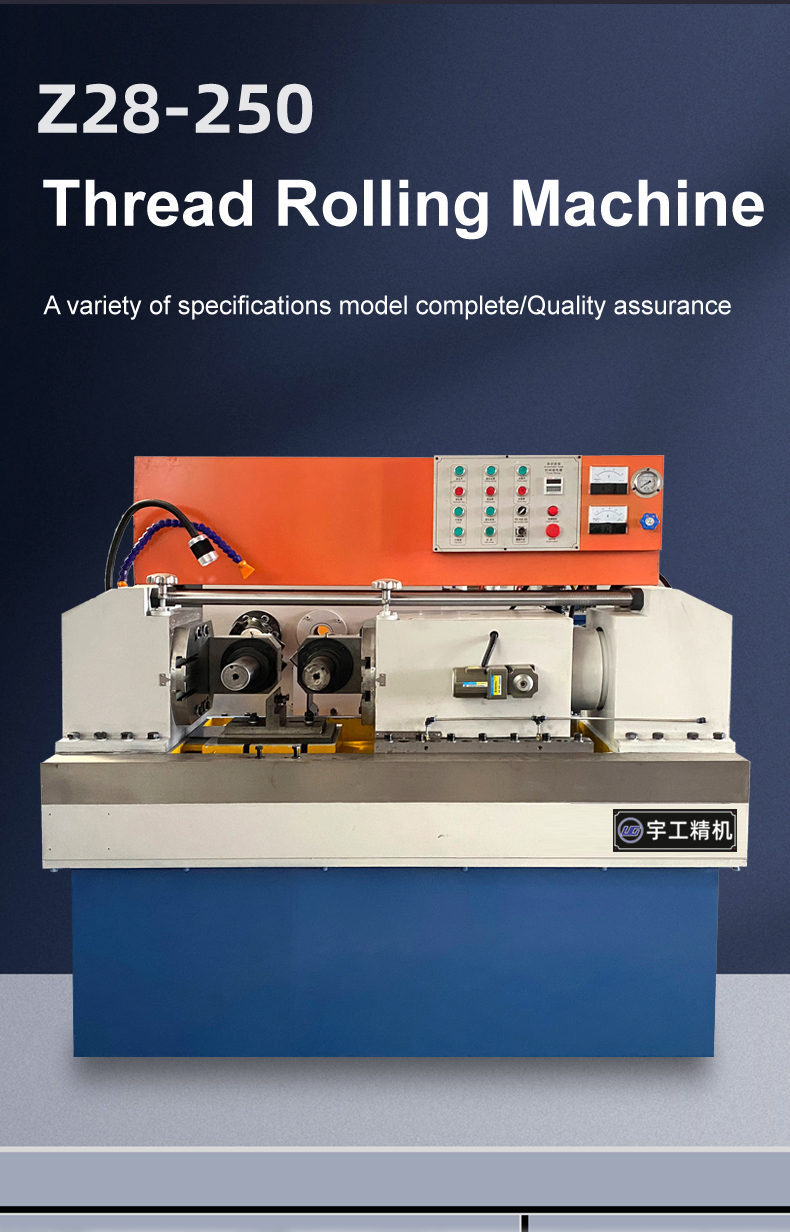
-
 Afrikaans
Afrikaans -
 Albanian
Albanian -
 Amharic
Amharic -
 Arabic
Arabic -
 Armenian
Armenian -
 Azerbaijani
Azerbaijani -
 Basque
Basque -
 Belarusian
Belarusian -
 Bengali
Bengali -
 Bosnian
Bosnian -
 Bulgarian
Bulgarian -
 Catalan
Catalan -
 Cebuano
Cebuano -
 Corsican
Corsican -
 Croatian
Croatian -
 Czech
Czech -
 Danish
Danish -
 Dutch
Dutch -
 English
English -
 Esperanto
Esperanto -
 Estonian
Estonian -
 Finnish
Finnish -
 French
French -
 Frisian
Frisian -
 Galician
Galician -
 Georgian
Georgian -
 German
German -
 Greek
Greek -
 Gujarati
Gujarati -
 Haitian Creole
Haitian Creole -
 hausa
hausa -
 hawaiian
hawaiian -
 Hebrew
Hebrew -
 Hindi
Hindi -
 Miao
Miao -
 Hungarian
Hungarian -
 Icelandic
Icelandic -
 igbo
igbo -
 Indonesian
Indonesian -
 irish
irish -
 Italian
Italian -
 Japanese
Japanese -
 Javanese
Javanese -
 Kannada
Kannada -
 kazakh
kazakh -
 Khmer
Khmer -
 Rwandese
Rwandese -
 Korean
Korean -
 Kurdish
Kurdish -
 Kyrgyz
Kyrgyz -
 Lao
Lao -
 Latin
Latin -
 Latvian
Latvian -
 Lithuanian
Lithuanian -
 Luxembourgish
Luxembourgish -
 Macedonian
Macedonian -
 Malgashi
Malgashi -
 Malay
Malay -
 Malayalam
Malayalam -
 Maltese
Maltese -
 Maori
Maori -
 Marathi
Marathi -
 Mongolian
Mongolian -
 Myanmar
Myanmar -
 Nepali
Nepali -
 Norwegian
Norwegian -
 Norwegian
Norwegian -
 Occitan
Occitan -
 Pashto
Pashto -
 Persian
Persian -
 Polish
Polish -
 Portuguese
Portuguese -
 Punjabi
Punjabi -
 Romanian
Romanian -
 Russian
Russian -
 Samoan
Samoan -
 Scottish Gaelic
Scottish Gaelic -
 Serbian
Serbian -
 Sesotho
Sesotho -
 Shona
Shona -
 Sindhi
Sindhi -
 Sinhala
Sinhala -
 Slovak
Slovak -
 Slovenian
Slovenian -
 Somali
Somali -
 Spanish
Spanish -
 Sundanese
Sundanese -
 Swahili
Swahili -
 Swedish
Swedish -
 Tagalog
Tagalog -
 Tajik
Tajik -
 Tamil
Tamil -
 Tatar
Tatar -
 Telugu
Telugu -
 Thai
Thai -
 Turkish
Turkish -
 Turkmen
Turkmen -
 Ukrainian
Ukrainian -
 Urdu
Urdu -
 Uighur
Uighur -
 Uzbek
Uzbek -
 Vietnamese
Vietnamese -
 Welsh
Welsh -
 Bantu
Bantu -
 Yiddish
Yiddish -
 Yoruba
Yoruba -
 Zulu
Zulu
Top Pipe Thread Rolling Machines for Precision Metalworking Needs
The Remarkable World of Pipe Thread Rolling Machines
In the realm of manufacturing, few processes are as crucial yet often overlooked as the threading of pipes. Among the various methods of creating threads, pipe thread rolling machines stand out for their efficiency and precision. These machines are essential in industries ranging from plumbing to oil and gas, where reliable pipe threading is indispensable.
Understanding Pipe Threading
Pipe threading is the process of creating helical ridges on the surface of a pipe that allows for secure connections between different pipe sections. These threads enable the pipes to be screwed together, facilitating a tight and leak-proof seal. Different standards, such as National Pipe Thread (NPT) and British Standard Pipe (BSP), dictate the specific dimensions and shapes of these threads. Given the demands for durability and longevity in various applications, the method of threading can significantly impact the performance of a piping system.
What is a Pipe Thread Rolling Machine?
A pipe thread rolling machine is a specialized industrial machine that uses a rolling process to create threads on pipes. Unlike cutting processes that remove material to form threads, rolling machines deform the material, allowing for stronger and more reliable threads. This is achieved by passing the pipe through sets of dies that compress the material and reshape it into the desired thread profile.
Advantages of Rolling Over Cutting
The benefits of employing a pipe thread rolling machine are manifold. Firstly, rolling creates threads that are inherently stronger than those produced by cutting. This is due to the fact that rolling aligns the grain structure of the metal, resulting in enhanced tensile strength. Furthermore, rolling produces little to no scrap material, making it a cost-effective option in terms of material usage.
famous pipe thread rolling machine

Another significant advantage is speed. Pipe thread rolling machines can operate at high speeds, increasing productivity in manufacturing environments. They can produce threads in a fraction of the time compared to traditional cutting methods, making them indispensable for high-volume production lines.
Applications Across Industries
The applications of pipe thread rolling machines are extensive. In the plumbing industry, they are instrumental in producing pipe fittings and connectors that are essential for residential and commercial plumbing systems. In the oil and gas sector, these machines create robust connections for pipelines that transport crucial resources across vast distances. Additionally, industries such as automotive manufacturing and aerospace benefit from precision-pipe threading to meet stringent safety and performance standards.
Technological Advancements
The evolution of technology has greatly impacted the design and efficiency of pipe thread rolling machines. Modern machines are often equipped with advanced features such as computer numerical control (CNC) systems, which enhance precision and allow for programmable settings to accommodate different types of threads. Automation in the manufacturing process reduces human error and increases output quality, which is vital in maintaining competitive edges in industrial production.
Future of Pipe Thread Rolling Machines
As industries continue to push the envelope in terms of innovation and efficiency, the future of pipe thread rolling machines looks promising. Ongoing advancements in materials science may lead to the development of even more resilient pipes and threads, while improvements in machine design will likely further enhance speed and precision. Additionally, as sustainability becomes a priority across industries, machines that minimize waste and energy consumption will be valuable assets for manufacturers aiming to reduce their environmental footprint.
In conclusion, pipe thread rolling machines are an integral part of various manufacturing landscapes. Their ability to produce strong, precise threads quickly and efficiently makes them indispensable in meeting the demands of modern industry. As technology continues to advance, the capabilities and applications of these machines will only expand, underscoring their importance in the manufacturing sector.
